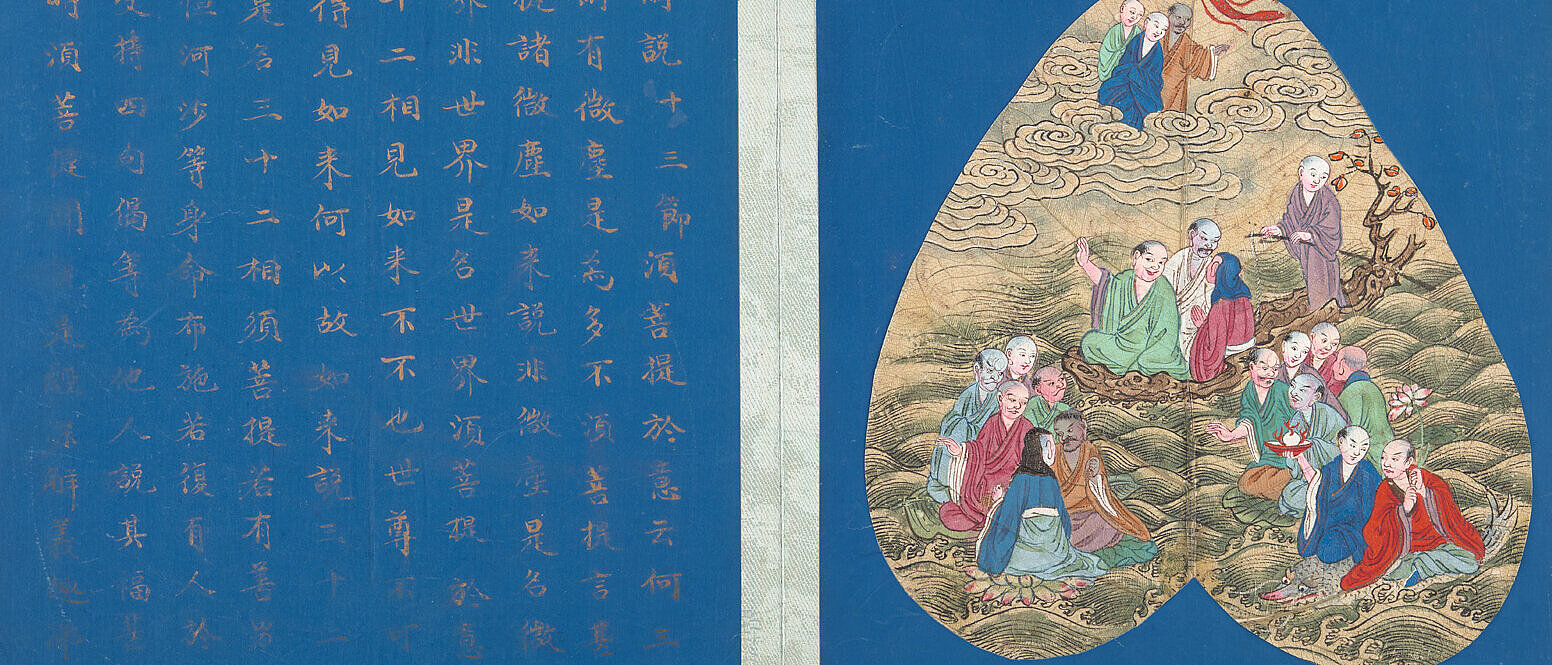
Is it ethical to believe? Does believing necessarily entail ethically suspect metaphysical commitments? And if so, can one suspend all one’s beliefs?
Entitled The Ethics of Empty Beliefs: Chinese Buddhist Philosophy in the ‘Period of Disunity’, this research project will explore these and related questions by reconstructing what is a hitherto largely unstudied yet highly original philosophical conception of how belief relates to ethical action.
Disciplinarily, this research is located at the multiple intersections among Buddhist studies, Asian studies, religious studies, and philosophy. Substantively, it will focus on systematic study of the foundationally important yet unduly neglected Sanlun 三論 or Three Treatise school of Chinese Buddhist philosophy. Sanlun was indubitably of major importance in the history of Chinese Buddhism over the course of the seminal ‘Period of Disunity’ between the fall of the Han dynasty (220) and the dawn of the Tang (618) – which was to become the unrivalled golden age of Chinese culture and cosmopolitanism. During this period of Sanlun’s efflorescence, Buddhism as a whole was revolutionized – with the rise of the epochally transformative Mahāyāna movement – from newcomer in China to major cultural force.
This research will be the first comprehensive elaboration of Sanlun Buddhist philosophy in any Western language. It will place Sanlun in conversation with its Indian antecedents in the form of the pivotally important Madhyamaka school, its later elaborations within Chinese Buddhism, and its analogues in contemporary Western philosophy.
The project will also seek to begin dismantling the pervasive but unjustified divide between what are standardly deemed the ‘philosophical’ Indo-Tibetan and more ‘literary’ Sino-Japanese canons within Buddhist studies, and indeed argue for re-envisioning the very disciplinary relationship between religion and philosophy by treating the Chinese Buddhist texts of the Sanlun school as genuinely religio-philosophical works.
Apart from its distinctly philosophical import, this research will contribute to the trans-cultural intellectual history of South- and East-Asia, for by investigating diachronically both the inter-cultural transmission of Indian Buddhist thought into China as well as its intra-cultural transformation within China from the early period of cultural assimilation to its full flowering in the Tang dynasty, it aims to contribute to the theorization of India-China as a globalized sphere of dynamic intellectual interaction within trans-cultural Asian studies. Furthermore, by deliberately integrating modern and pre-modern sources in East-Asian as well as South-Asian and European languages, the project aims to redress the exclusion of specifically Chinese perspectives from philosophically-oriented scholarship in Buddhist studies. And by treating the Chinese Buddhist Sanlun school seriously as a coherent system of thought comprising metaphysics, epistemology, philosophy of mind, philosophy of language, and ethics, it aims to both augment the scholarly understanding of philosophically valuable non-Western textual traditions and advance the surge of literature over recent decades deliberately concerned to counter the prevalence of exclusively Western perspectives in philosophy.
In all, then, this is a pioneering project based on a deliberately ground-breaking rationale and discipline-defying synthesis of methodologies that aims to make a timely and enduring intervention in several overlapping scholarly fields, and to thereby re-envision the very manner of conducting research within them.